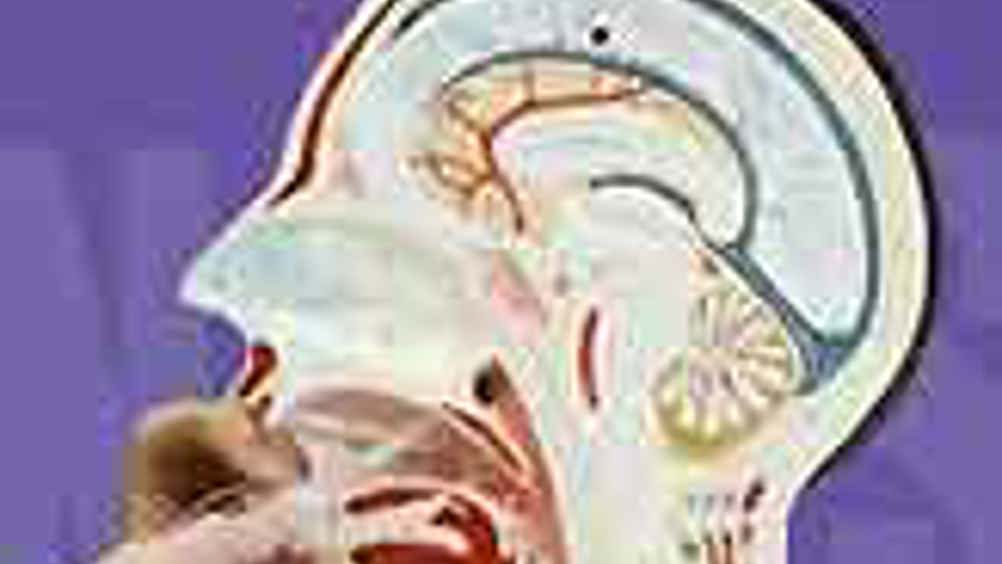Helping stroke victims with eating

Many of us may take the simple act of swallowing for granted, but Ruth Martin hopes she has found a way to improve the lives of patients who have lost the ability to do so.
During recovery from stroke or head and neck cancer treatment, many patients find they can no longer swallow - a condition called dysphagia, which affects 11 million North Americans. Patients with dysphagia are at increased risk of aspiration pneumonia, malnutrition and long stays in the hospital. In patients with severe dysphagia, nourishment by tube is required.
"Dysphagia often denies a person one of the most satisfying and pleasurable experiences - eating," says Martin, a professor in Western's School of Communication Sciences and Disorders in the Faculty of Health Sciences.
"Dysphagia also marginalizes affected individuals. That is, people who are fed via a tube tend to miss the opportunities for human connection that occur around the dinner table, and are so often associated with enjoying food and drink," she says.
Register now to continue reading
Thanks for visiting The Engineer. You’ve now reached your monthly limit of news stories. Register for free to unlock unlimited access to all of our news coverage, as well as premium content including opinion, in-depth features and special reports.
Benefits of registering
-
In-depth insights and coverage of key emerging trends
-
Unrestricted access to special reports throughout the year
-
Daily technology news delivered straight to your inbox










INWED Engineering Profile: Naval Architect Ellie Driver
Not a woman I´d want to cross … oh, that was Elle Driver